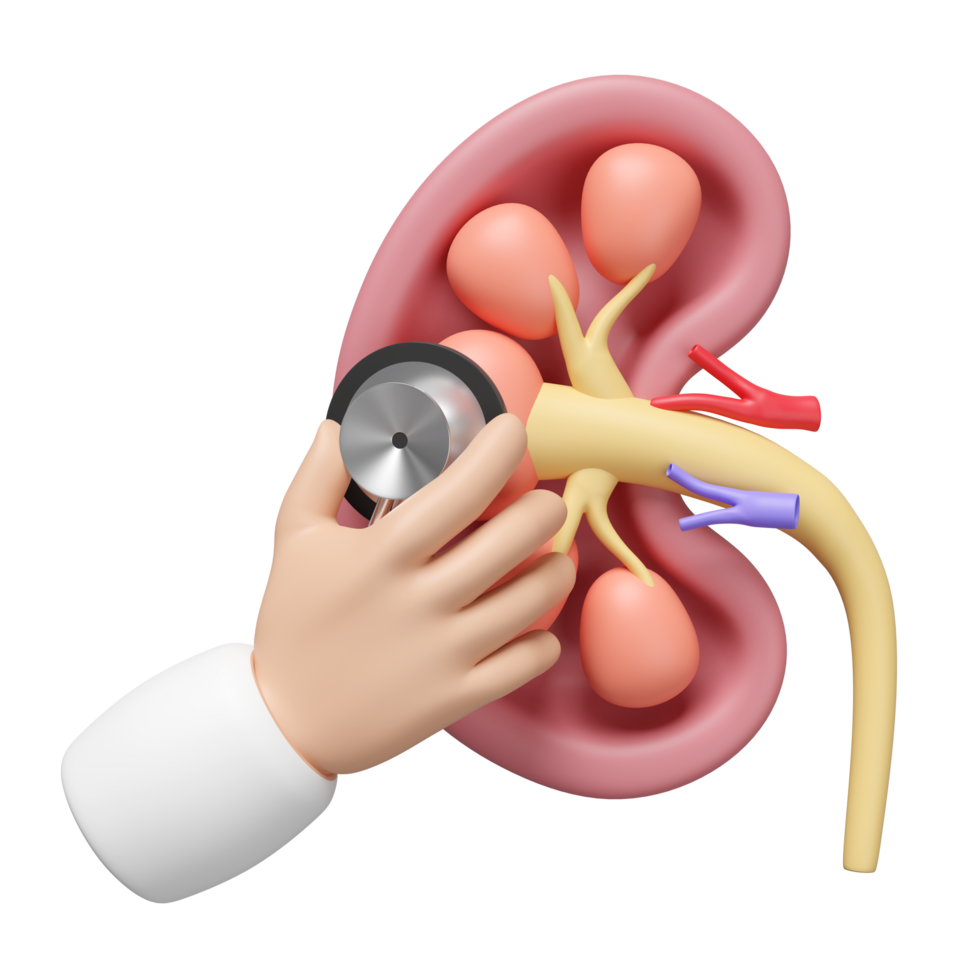What is Premature Ejaculation?
When ejaculation occurs during intercourse sooner than a man or his partner would prefer, usually within two to three minutes, this is known as premature ejaculation (PE). Other names for occasional PE include early ejaculation, premature climax, and fast ejaculation. PE may not be a reason for concern. However, if it affects relationships and makes sex less pleasurable, it can be annoying. Your healthcare professional can offer assistance if it occurs frequently and causes issues.
Premature Ejaculation and Erectile Dysfunction (ED)
For men who struggle with erection issues like erectile dysfunction (ED), PE can occasionally be an issue. Men experience this when they are unable to achieve or maintain an erection that is sufficiently firm for intercourse. It can be challenging to determine whether the issue is PE or ED because an erection disappears after ejaculation. Since PE might not be an issue after ED is treated, it is advisable to treat ED first.
What Causes Premature Ejaculation?
Although the precise origin of PE is unknown, there are numerous potential causes for men to develop PE. There could be emotional, chemical, or biological causes. Here are a few more particular reasons.
Serotonin
Your body naturally produces serotonin through the production of nerves. It aids in regulating how the brain controls emotions, mood, sleep, and sexual desire. The brain’s high serotonin levels lengthen the time it takes to ejaculate. Low levels can cause PE and reduce the time to ejaculation.
Psychological Issues
Other Issues
GET DIAGNOSED
GET TREATED


